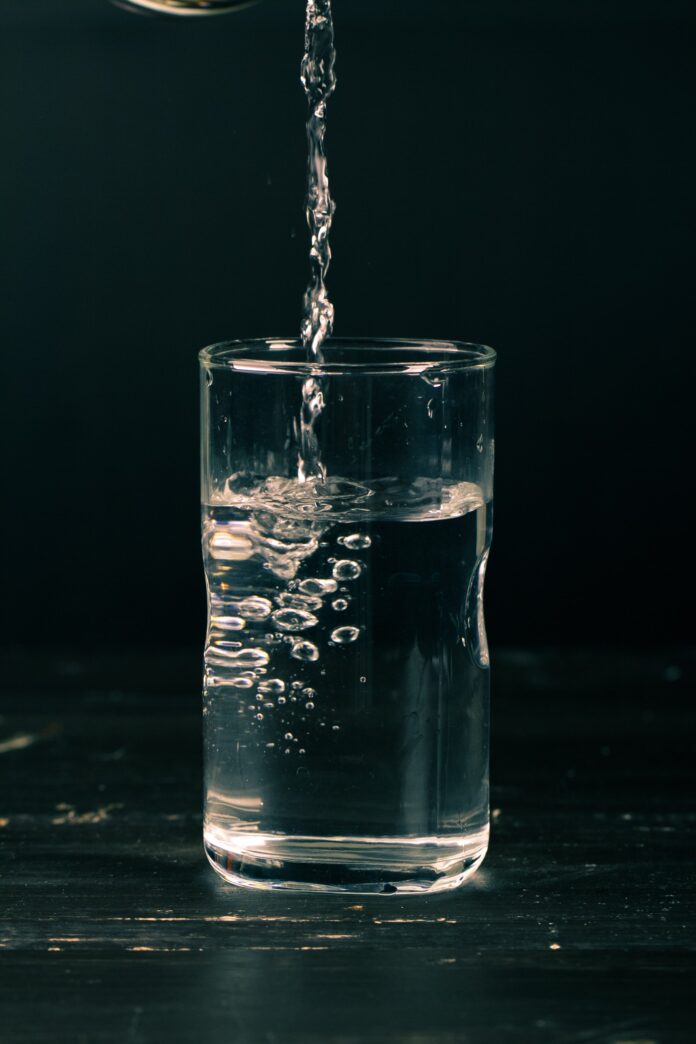A May 2023 study from researchers at Harvard University revealed that Black and Latino people are more likely to come in contact with dangerous levels of per- and polyfluoroalkyl substances, also known as PFAS.
This is because there are more environmental hazards, like landfills and water treatment plants, in communities of color. PFAS are manufactured chemicals that have been used since the 1940s, and they are a threat to the health and wellness of Black folks.
“Current studies show that long-term PFAS exposure leads to damaged livers, thyroid disease, and various cancers,” Matt Wilson, a hydrologist and environmental consultant based in Blue Springs, Missouri, tells Word In Black.
“The bigger issue is that we’ve been seriously polluting the water for over a century but only been looking at ways to clean it up for around 50 years.”
A National Water Crisis
In recent years, there have been boil-down orders and mandates to heat water to kill bacteria across the United States, but the phrase “water crisis” might make you think of what happened in Flint, Michigan, or Jackson, Mississippi.
The Flint Water Crisis infamously started in April 2014 when the impoverished city switched Flint’s water source from Detroit’s to the heavily polluted Flint River to save $5 million over two years. As a result, 99,000 residents were exposed to lead-contaminated water.
Black Millennials 4 Flint founder LaTricea Adams has been advocating for water rights ever since.
She’s learned first-hand that communities need consistent education on clean water as well as “healthy, frequent water filter replacement and quality of water filters that best filter out heavy metals.”
There’s also a need to change policies “to increase transparency and oversight of water quality,” Adams says.
Flint isn’t the only city with a sizeable Black population to make the news for contaminated water. In Jackson, Mississippi, in August 2019, severe storms caused the Pearl River to flood. As a result, 300 billion gallons of sewage were released into the river. To this day, many residents in Jackson refuse to drink the water.
Houston residents are also familiar with contaminated water-related restrictions.
The city was under boil-down orders in 2020 and 2022. In November 2022, water pressure decreased due to a power outage in the city’s main water system. The water was so dirty that some residents chose to get bottled water instead.
Similarly, Black communities in Philadelphia are grappling with the effects of water pollution. In 2021, more than 60% of Black residents in Philadelphia said they mostly drank bottled water. According to research from the PennPIRG Education Fund, almost all of the schools in the Philadelphia School District had at least one source of water that tested positive for lead.
“Our new study, which is based on self-reported data by the Philadelphia School District, shows lead in 61% of drinking outlets tested across the district,” Emma Horst-Martz, a former PennPIRG Education Fund advocate, told CBS News.
Decreasing Exposure to Contaminated Water
Despite the severity of the issue, Wilson says there are ways to decrease exposure to contaminated water, but it won’t be easy. Two main methods are used to clean groundwater: extraction wells and cleaning or disposing of the water, and pulling water through the contaminated ground until it comes out clean.
For rivers and lakes, chemical additives are often used to disinfect water. Some cities create reservoirs, which allow contaminants to settle gradually at the bottom. But climate justice activists say fighting water pollution extends far beyond repairing or replacing water systems.
Meanwhile, Adams believes replacing Flint’s water infrastructure has taken too long.
“They have a deadline of August of 2023. They should have been done a long time ago. It’s really been disheartening to see how long it has taken,” she tells Word In Black. “We don’t trust the replacements will be done by the end of August 2023.”
But Adams isn’t giving up her advocacy for clean water. “I’m not hopeful, but that does not deter me from continuing to fight,” she says.


